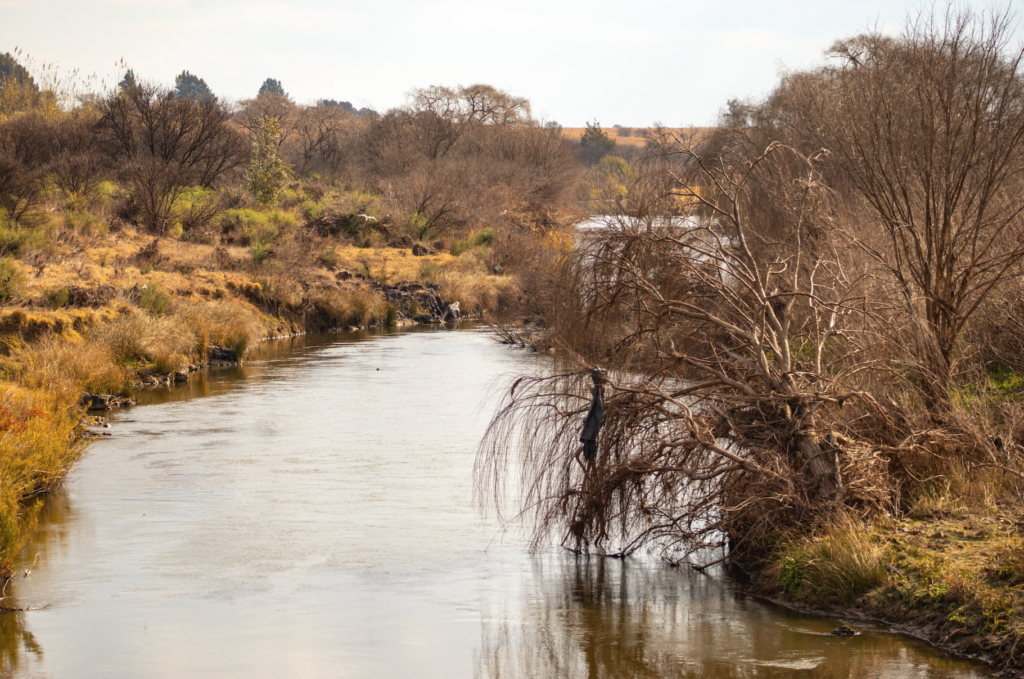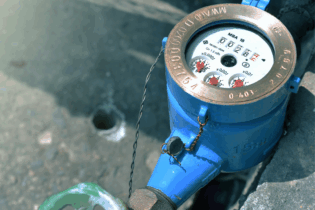A catchment management agency (CMA) is responsible for managing water
resources at the catchment level. Minister of Water and Sanitation Senzo Mchunu announced the launch of four catchment management agencies that will oversee the major water catchments in South Africa.
A catchment is a basin-shaped area of land, bounded by natural features such as hills or mountains from which surface and sub-surface water flow into streams, rivers and wetlands. Catcgments are the first point of contact in the water value chain, they are the source of water that bulk suppliers extract from.

Where we are
This should place catchments as a priority, but looking back over the past few years and taking stock of what our catchment water quality is currently like there is a mismatch. In the words of Minister Senzo MChunu, “It is embarrassing really that I can say we have dirty water at the catchment level.”
To meet these challenges and pave a way forward for sustainable water in South Africa four CMAs namely: Vaal-Orange, Pongola-Umzimkhulu, Mzimvubu-Tsitsikamma and Limpopo-Olifants have been established. “The role of the Catchment Management Agencies is to ensure that water resources in water management areas are protected, used, developed, conserved, managed, and controlled in a sustainable and equitable manner for the benefit of all citizens,” says the minister.

Where we are going
These CMAs operate at a local level, giving them the power to enact real change at the level that Minister Mchunu says “is where we experience the most issues.”The ability to engage on a local level, with both municipalities and communities is necessary to enact change and move towards a climate-resilient water sector. The establishment of the four CMAs is in line with the broader goals of the Department of Water and Sanitation in the decentralisation of water resource management to the local level and is set to help achieve the goal of transforming the water sector.
This is not a new solution as the National Water Act (36 of 1998) provides for the progressive establishment of CMAs, it has however taken time, the minister acknowledges that “the journey for the establishment of CMAs has taken far too long for us to arrive at this day” but “I must reiterate our commitment to deliver exceptional services to our citizens as this is an essential resource for the growth of our economy and the future prosperity of our people.” The establishment of these CMAs took two years to finalise which is relatively fast for a project of this scale and highlights the importance that the minister placed on this initiative.
One of the challenges that these CMAs face is that they come into being at a time when the Government has introduced cost containment measures driven by fiscal challenges, the minister however remains hopeful and says, “This calls for cost-effective measures in implementing our water resource management.”
These agencies represent a turning in water policy, one where action is prioritised, and as the minister says these agencies are “most importantly going to correct past mistakes and give proper governance going forward.”








